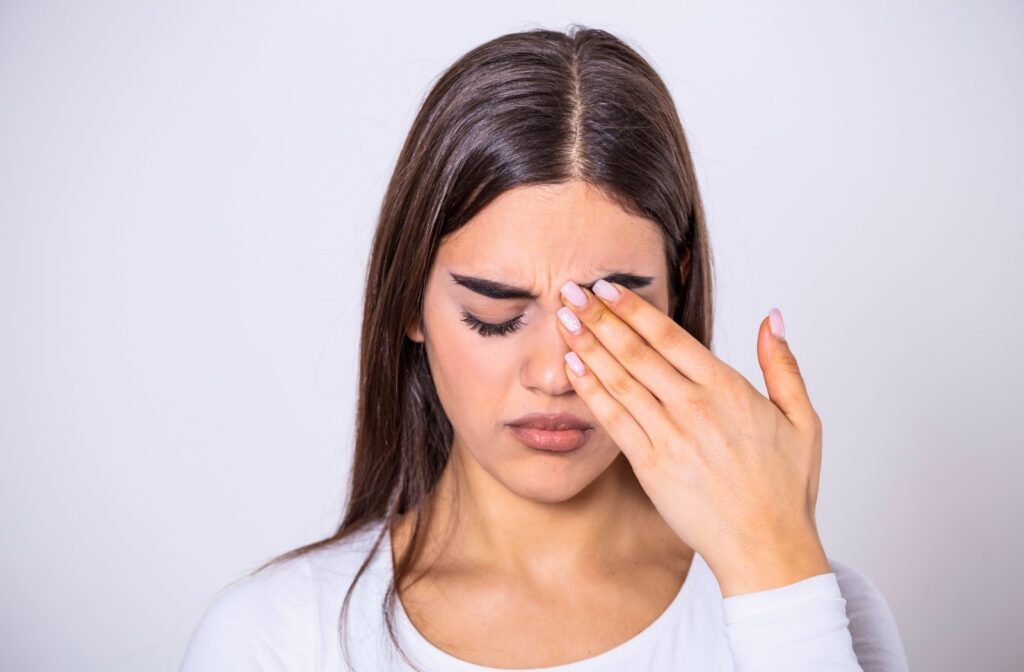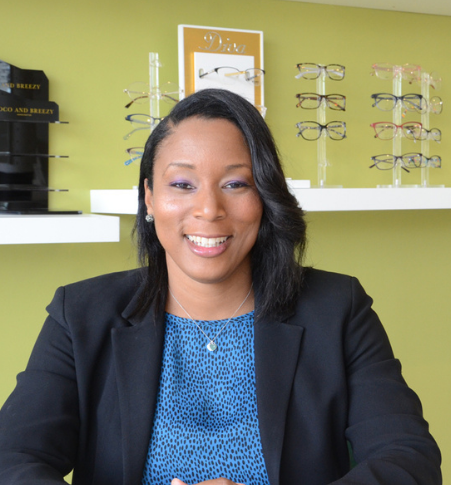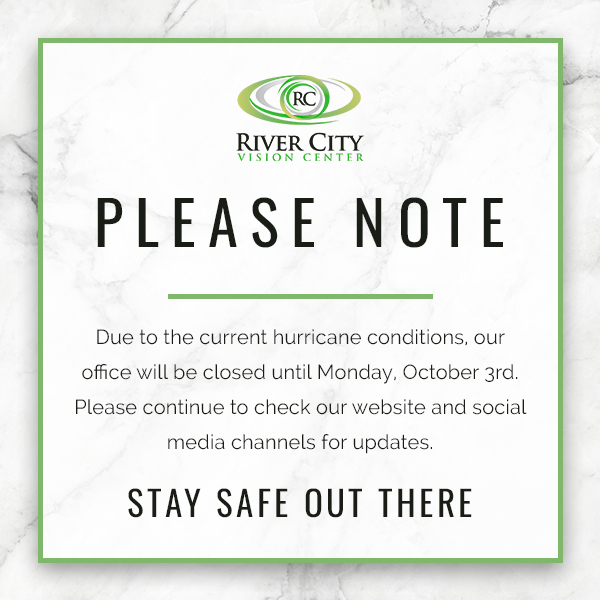When the daily grind gets under our skin—or rather, into our eyes—what’s the go-to reflex for that satisfying relief? Most often, it’s rubbing our eyes. This simple reflex action can’t be harmful, can it?
Rubbing your eyes too hard can cause your cornea to thin, increase eye pressure, and worsen allergy symptoms. This means that even if rubbing your eyes feels good for a moment, this seemingly innocuous habit can cause much more harm than you may expect. Instead of rubbing, your optometrist can help you uncover the real source of the irritation with an eye exam.
Why Do We Rub Our Eyes?
Rubbing your eyes a lot can be hard to resist, like having to scratch an itch. This often happens for several reasons. One of the primary reasons we find ourselves rubbing our eyes is simply due to fatigue. When we’re tired, our eyes can feel strained or dry, leading us to rub them in an attempt to relieve these uncomfortable sensations.
This action stimulates the lacrimal glands, which help in producing more tears to moisten the eyes, providing temporary relief. Oddly enough, placing pressure on your eyes also sends a signal through your nerves that gives you a feeling of safety, lowering your heart rate and blood pressure.
We also tend to rub our eyes when they’re itchy or irritated—maybe due to dust or allergies—in a subconscious effort to clear our vision.
The Dangers of Rubbing Your Eyes
Rubbing your eyes might make things look a bit brighter for a moment, but it’s not without risks.
Keratoconus
Our eyes are marvels of biological engineering, sensitive and finely tuned to the world around us. However, this sensitivity also means they are vulnerable. For example, the eye’s clear front dome is the cornea which is essential for focusing light into the eye.
Excessive rubbing can exert pressure on the eye’s structure, leading to complications such as the thinning of the cornea, known medically as keratoconus.
This condition causes your cornea to bulge, leading to symptoms such as:
- Blurry vision
- Visual distortions
- Sensitivity to light and glare
- Swelling
- Redness
Keratoconus may require corrective lenses or surgery to manage.
Risk of Infection
It can get pretty gross out there. Our hands are regularly in contact with various surfaces, picking up bacteria, viruses, and allergens along the way. Rubbing our eyes without washing our hands introduces these contaminants directly to one of the body’s most sensitive areas.
This can lead to infections like conjunctivitis (pink eye) or even more severe conditions if harmful substances are involved. If you ever do have to put your fingers close to your eyes, such as when putting contacts in, remember to maintain diligent hygiene practices.
Worsens Allergies
For those among us who suffer from allergies, you know how enticing it is to rub your eyes. However, rubbing the eyes can worsen symptoms significantly. The action can release more histamines in the eye area, intensifying the itching, redness, and swelling. It creates a vicious cycle where the more you rub, the more irritated your eyes become, leading to further rubbing and discomfort. It’s better not to get the pattern started!
How to Avoid Rubbing Your Eyes
Bad habits can be hard to break, but it’s an important step to protecting your eye health. Understanding what prompts you to rub your eyes is the first step towards changing this habit. Whether it’s fatigue, dryness, allergies, or stress, identifying the trigger can help you address the underlying issue more effectively.
Here are some ways to reduce irritation and avoid rubbing your eyes:
- Use Artificial Tears: Dry eyes can often make you want to rub. Using artificial tears or lubricating eye drops can help keep your eyes hydrated, while professional dry eye therapy offers long-term relief.
- Take Frequent Breaks: Especially for those who work on computers or spend long hours in front of screens, taking breaks using the 20-20-20 rule (every 20 minutes, look at something 20 feet away for at least 20 seconds) can help in reducing eye strain.
- Wear Protective Eyewear: To shield your eyes from irritating dust and allergens, consider wearing glasses or sunglasses when you’re outside.
- Manage Allergies: If allergies are a contributing factor, staying ahead with antihistamines or consulting an allergist for a tailored treatment plan can mitigate the itchiness that leads to rubbing.
- Use a Humidifier: Dry air, especially in winter months or in air-conditioned rooms, can dry out your eyes. Using a humidifier can help maintain moisture in the air, and subsequently, in your eyes.
- Seek Professional Advice: If eye rubbing becomes a persistent issue, you can always consult with an eye care professional.

Breaking the Habit With River City Vision Centre
Stopping eye rubbing won’t happen overnight, but with patience, persistence, and the right strategies, it’s entirely achievable. Though it can offer momentary relief, the dangers aren’t worth the risk.
If you’re struggling to manage the urge to rub your eyes, or if you suspect an underlying condition is to blame, don’t hesitate to reach out to River City Vision Center. Our team is here to conduct thorough examinations, offer personalized advice, and provide treatments tailored to your specific needs.
Stop rubbing and book your eye appointment today!





